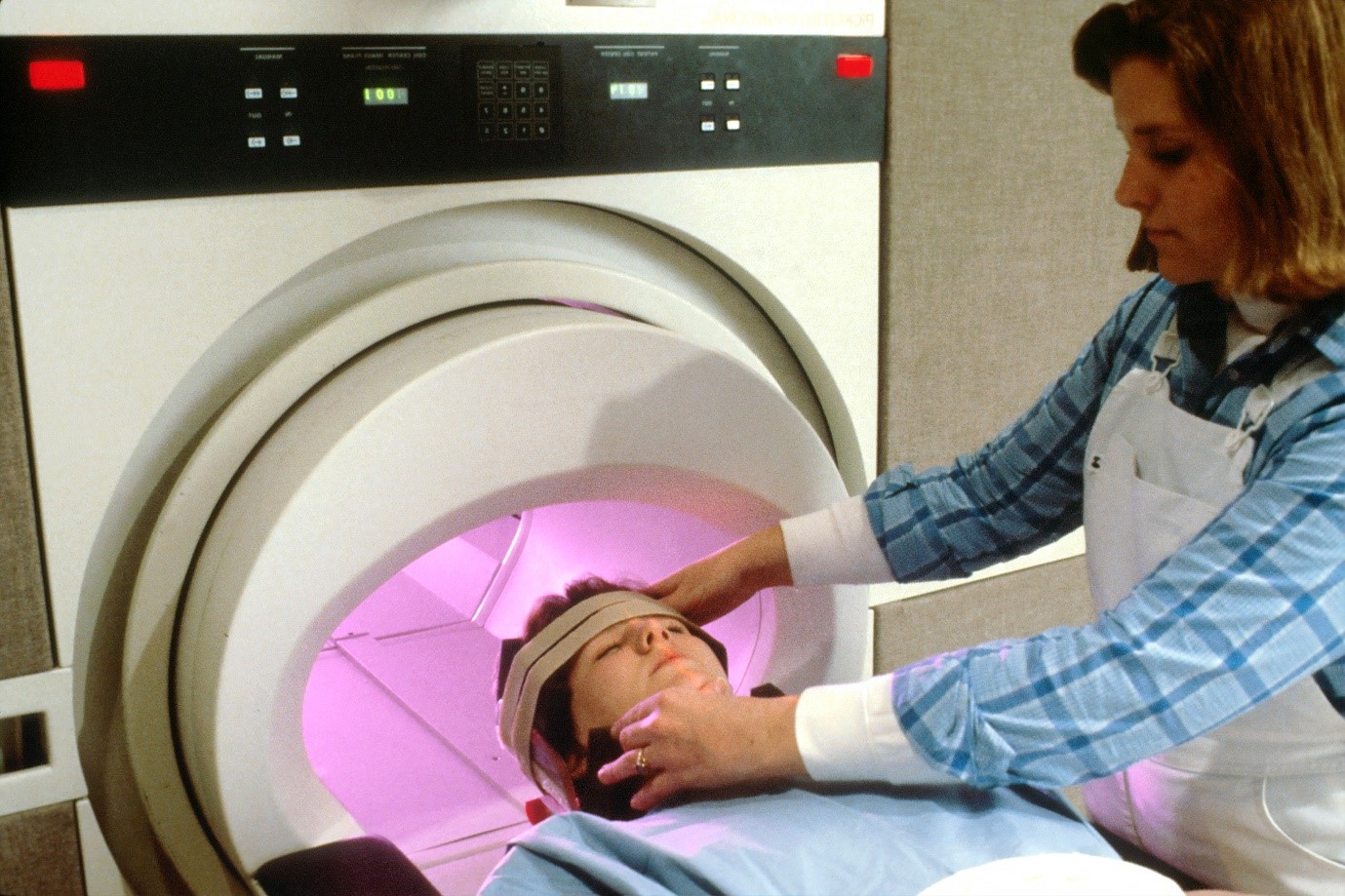Medical Practice & Business
Advancements in MRI and CT Scan Screening: What the Future Holds
By M.M. (staff writer) , published on October 10, 2023

Medicine Telehealth Health MRI CT Scan
Advancements in MRI and CT Scan Screening: What the Future Holds
Medical imaging technologies like Magnetic Resonance Imaging (MRI) and Computed Tomography (CT) scans have come a long way in revolutionizing healthcare. With ongoing advancements, the future of MRI and CT scan screening promises even more precise diagnoses and improved patient outcomes.
MRI Advancements
Enhanced Imaging Resolution: Future MRI machines will offer higher resolution images, allowing for better visualization of tiny structures within the body. This means earlier detection of diseases and more accurate treatment planning.
Faster Scanning: Researchers are developing faster MRI sequences, reducing the time patients spend in the machine. This will enhance patient comfort and minimize the need for sedation, especially in paediatric cases.
Functional MRI (fMRI): Functional MRI will become even more sophisticated, providing detailed insights into brain function. This can aid in the early diagnosis of neurological conditions and improve treatment strategies.
AI Integration: Artificial intelligence (AI) will play a significant role in MRI interpretation, helping radiologists analyze images more efficiently and accurately. AI can quickly detect anomalies and highlight areas of concern.
CT Scan Advancements
Low-Dose CT Scans: Future CT scan machines will utilize low-dose protocols, reducing radiation exposure while maintaining diagnostic accuracy. This is especially important for children and frequent scan recipients.
Dual-Energy CT: Dual-energy CT scans will become more widespread, allowing for enhanced tissue differentiation. This can improve the characterization of tumors, helping in personalized treatment plans.
Functional CT Imaging: CT scans will offer functional imaging capabilities, providing information about blood flow and tissue perfusion. This is vital in assessing the extent of vascular diseases and guiding interventions.
Portable and Compact CT Scanners: Smaller and more portable CT scanners will become available, making it easier to perform scans at the bedside or in remote locations. This can be crucial in emergency and critical care settings.
Combining MRI and CT Imaging
One exciting development is the integration of MRI and CT technologies. Hybrid systems that combine the strengths of both imaging modalities will provide comprehensive information for more precise diagnoses. For instance, in cancer treatment, these hybrid machines can offer detailed anatomical and functional data, leading to more targeted therapies.
Advancements in MRI and CT scan screening are poised to transform the landscape of medical imaging. With higher resolution, faster scanning, AI integration, and reduced radiation exposure, patients can expect more accurate diagnoses and improved healthcare experiences. Additionally, the fusion of MRI and CT imaging promises a new era of comprehensive and personalized medical assessments. As these technologies continue to evolve, they will undoubtedly play a crucial role in enhancing patient care and improving health outcomes in the years to come.
Sources:
1. https://www.ncbi.nlm.nih.gov/pmc/articles/PMC9199974/
2. https://www.itnonline.com/article/recent-advances-mri-technology
3. https://www.mdpi.com/2072-6694/15/13/3267
Find articles related to: Medicine Telehealth Health MRI CT Scan
More articles about Medical Practice & Business
Back to the Health Tips Index




